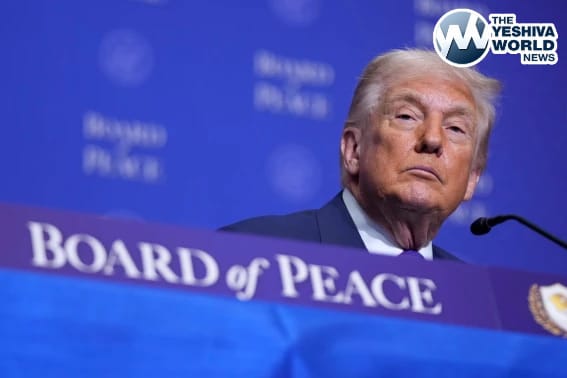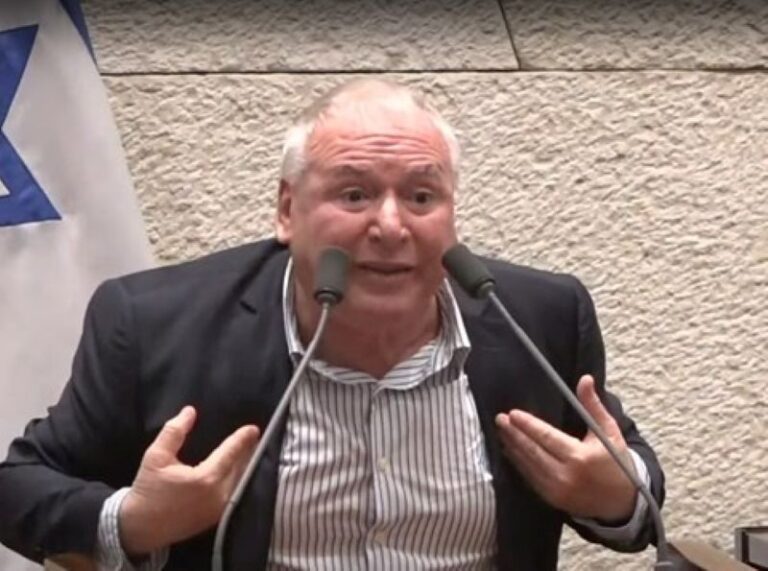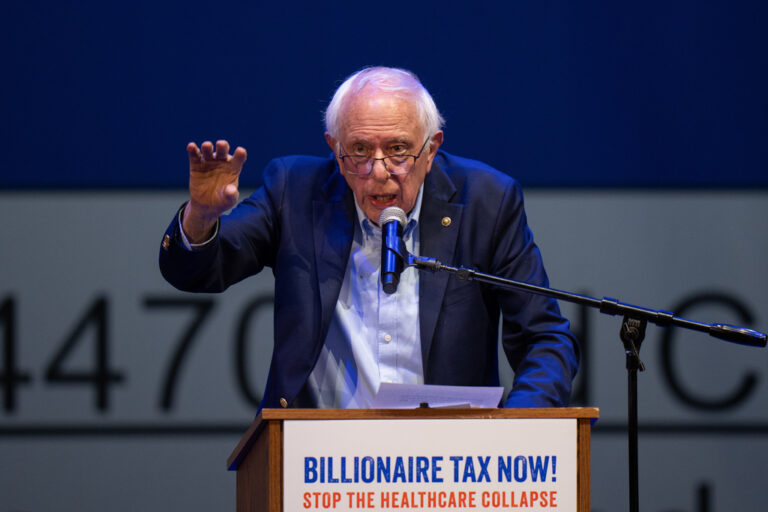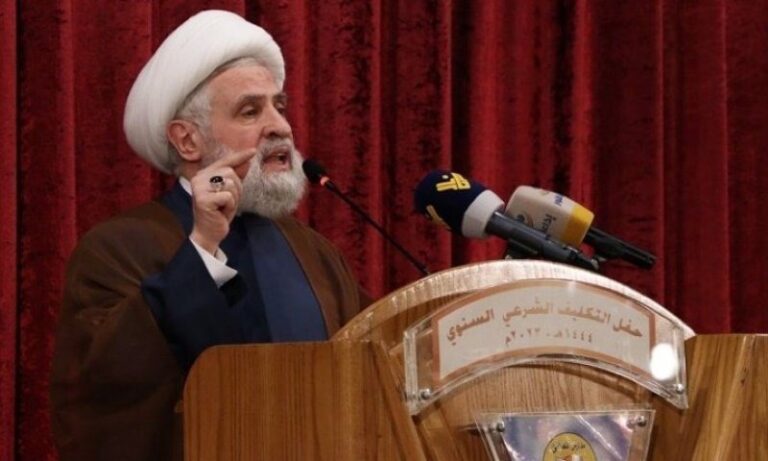 In early March, Palestine President Mahmoud Abbas approached Cuban leader Raul Castro with an unusual request.
In early March, Palestine President Mahmoud Abbas approached Cuban leader Raul Castro with an unusual request.
According to the veteran Israeli negotiator who set up the call, Abbas wanted Castro to free Alan Gross, a Jewish American contractor jailed by Havana since late 2009.
The intermediary, peace activist Gershon Baskin, says Gross “is being held hostage.” The view is shared by much of the US Jewish community as well as the State Department, which has no direct ties with Cuba. Palestine, however, has an excellent relationship with the island nation, so Baskin contacted Abbas.
“I asked the Palestinians, and he did that,” Baskin said in an interview. “It was a very good, humanitarian gesture on the part of Abu Mazen,” he said, although the talks failed to secure Gross’ release.
What does an American jailed in Cuba have to do with the Palestinians? Emails stolen in May from a Palestinian Authority cabinet minister may provide a clue.
Posted online, the messages depict Palestinian officials desperate to convince a powerful Cuban-American lawmaker to lift a hold on $147 million allocated for civilian aid to the Palestinians.
The congresswoman, Republican Ileana Ros-Lehtinen, chairs the House Foreign Affairs Committee and is one of the Castro regime’s fiercest critics in Washington. Gross is from Maryland but his plight is a priority for many of the lawmaker’s south Florida constituents.
Three weeks after Abbas contacted Castro, Ros-Lehtinen relented on half the funds — about $89 million — that she had withheld for seven months in protest of Palestinian efforts to seek membership in the UN. On March 23, the lawmaker sent a letter to Secretary of State Hillary Clinton explaining that she would “no longer object” to distributing the aid for water programs, healthcare and food.
The letter made no mention of the Palestinian overtures to Castro, but a person involved in the campaign to free Gross said the congresswoman had agreed to consider releasing the money if Abbas succeeded. She was first approached with the proposal by one of Gross’ attorneys.
Baskin confirmed this account but said Ros-Lehtinen was also under pressure from the State Department and even AIPAC, an influential pro-Israel lobby group. And she was not the only one blocking Palestinian money; Republican Kay Granger of Texas had a similar hold in place.
Still, the Palestinians understood their intervention as necessary to appease Ros-Lehtinen, not Granger. Baskin said he initiated the talks as a goodwill gesture to Ros-Lehtinen, although she is not mentioned by name in the messages stolen from Mahmoud Habash, a senior Palestinian official.
The emails were first leaked to websites run by critics of Abbas, including one that was blocked from February until early May upon the orders of the Palestinian attorney general.
That site, In Light Press, described the messages as proof of Abbas’ indifference toward a mass hunger strike in Israeli prisons. Like others in Ramallah, the president was paralyzed by the popular action as it gained support amongst Palestinians who already closely followed developments in Israeli jails.
“At the height of the hunger strike by the noble sons of Palestine,” the website reported, “the president and one of his ministers, Mahmoud Habash … were fighting a different battle”.
It added: “Nowhere in the correspondence can be found any reference to Palestinian prisoners.”
The emails, dated Feb. 19 to March 5, were between Baskin, Palestinian Authority religious affairs minister Mahmoud Habash, and Peter Khan, one of three lawyers representing Alan Gross.
The Cuba gambit was not the first set of unlikely negotiations set up by Baskin. He is credited with initiating years of back-channel contacts between Israel and Hamas that culminated in October with the release of over 1,000 Palestinian prisoners in exchange for an Israeli soldier.











One Response
Thanks for a most interesting report. Don’t know what good Abbas could do, since he’s not involved with Alan Gross, but perhaps Baskin or Abbas could communicate with Barack Obama about Alan Gross. They do have learned some lessons which they could share with President Obama.
As you mention in the last paragraph, Israel traded over a thousand Palestinians – some of whom had been convicted of violent attacks against Israel – for one single Israeli soldier. This came about through a process of negotiations between Israel and Hamas, whom Israel has characterized as a terrorist grouping and Israel supposedly doesn’t negotiate with terrorists.
Obama IS in a position to do something to obtain the release of Alan Gross. He could talk to the Cubans who have said they seek a humanitarian solution to the Gross case through negotiations with Washington. They seek the release of the five Cuban agents who have been in US custody for fourteen years. These Cuban Five were completely non-violent, and weren’t charged with any kind of espionage, only “conspiracy”. Not a single classified document was introduced in their trial.
If Israel could trade 1047 Palestinians for one Israeli, surely Washington could trade five non-violent Cubans for a single US agent currently in Cuban custody.
What do you think? Nothing else has been able to secure Alan Gross’s release. This most likely could obtain it.